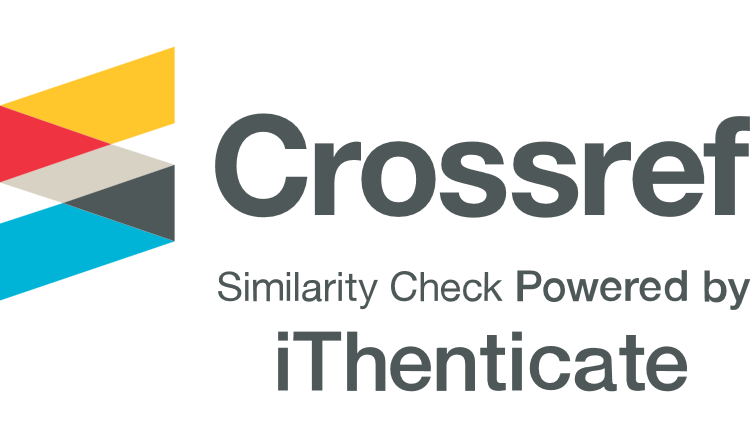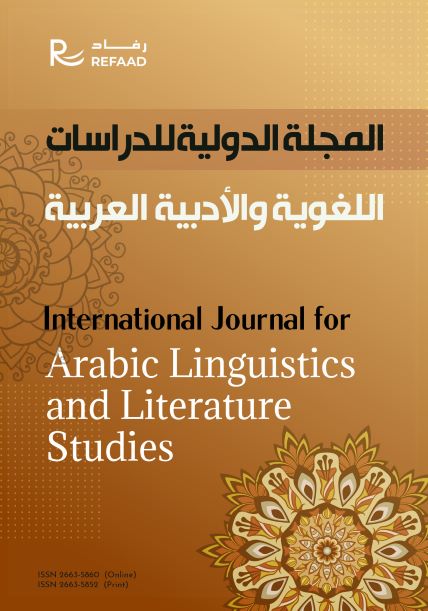International Journal for Arabic Linguistics and Literature Studies (JALLS) is a peer-reviewed, open-access journal, published Quarterly by Refaad. The Journal focuses on being a field for the dissemination of original and innovative research on the topics of the Arabic language and its various sciences in order to contribute to the deepening of specialized knowledge in the affairs of the Arabic language. Also, it is specialized in the related areas of critical thinking examining the multiple linguistic levels and literature and critical phenomena in the Arab heritage. Moreover, it is concerned with the latest studies of these Phenomena in the modern era, according to the mechanisms of serious scientific research.
21 (Days)
Median time to first decisionSemantic Gradation in the Lexical Field of Joy: An Analysis of Selected Verses from the Holy Qur’an
Objectives: This study investigates the lexical field of joy in Classical Arabic, with particular attention to its semantic gradations in selected Qur'anic verses. Employing the framework of semantic gradation, it verifies terms denoting joy meaning, and analyzes how layered expressions of meaning contribute ...
The Thread in Social Media: A Descriptive–Analytical Study
Objectives: This study aims to establish the concept of the term within the Arabic context, trace its origins and conditions of emergence, describe its artistic structure and linguistic level, and examine its impact on the recipient in a digital environment characterized by interactivity and hybrid language. Methodology: ...
The Problematics of the Cultural Paradigm in Civilizational and Cultural Criticism
Objectives: This research delves into the history of the cultural system, aiming to uncover its roots and origins by drawing upon available written historical materials attributed to collective thought on both a universal (human) level and a specific (Arab) one. Methodology: The study is methodologically ...
Textual Thresholds: The Title in the Collection of Poems Another Slip of Wisdom Juries Samawi
Objectives: This study aims to examine paratexts in terms of their concepts and the components from which they are formed, and to explore the most prominent theoretical frameworks identified by critics in this regard. It also seeks to analyze the title paratext in the poetry collection Another Slip of ...
Reading the Arab Reality Through Paradoxes in Ahmed Matar's Poem (Verse of the Explosion)
Objectives: This study aims to examine contemporary Arab reality through the manifestations of paradox in Ahmed Matar's poem "Verse of the Explosion". It explores the concept and types of paradox, highlighting their role in constructing a politically and culturally critical image of the present. The ...



